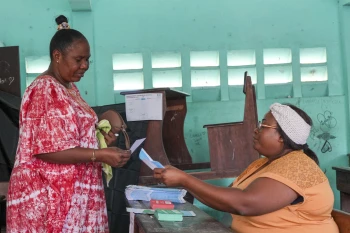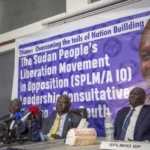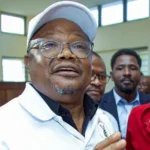In the wake of the 2023 military coup that ousted President Ali Bongo Ondimba, Gabon stands at a critical juncture as it prepares to hold its first presidential election since the upheaval. Scheduled for early 2024, this election represents not only a chance for democratic renewal in a nation long under Bongo’s rule but also a litmus test for stability and governance in the region.
The Backdrop: A Coup that Shook Gabon
On August 30, 2023, a faction of the Gabonese military seized power following the contentious presidential election that resulted in Bongo’s contested re-election. The coup was justified by the military as a necessary intervention to rectify electoral irregularities and widespread dissatisfaction over corruption and economic mismanagement. This marked a profound turning point for Gabon, a country rich in oil yet beset by poverty, leading to rampant social unrest and political disillusionment.
The military junta, now in control, emphasizes a commitment to restoring “constitutional order” and has promised a transition to civilian rule. As part of this commitment, they have scheduled a presidential election that seeks to integrate the voices of the Gabonese people into the political arena.
A New Political Landscape
The upcoming presidential election is poised to introduce a dramatic shift in Gabon’s political landscape. Candidates are cautiously emerging from the woodwork, with many vying for a public that seeks change and an end to decades of single-party dominance. Key figures include former Prime Minister Julien Nkoghe Bekale, who has expressed intentions to restore reform and provide national reconciliation.
In addition to established political players, this election offers a platform for new voices. Opposition movements, historically suppressed under Bongo’s administration, are mobilizing for grassroots campaigns. This newfound political pluralism could inject vitality into the electoral process, capturing the attention of younger Gabonese who demand accountability and transparency.
International Observations and Implications
The international community is watching Gabon closely. The African Union (AU) and Economic Community of Central African States (ECCAS) have called for a free, fair, and inclusive election, recognizing its importance for regional stability. Additionally, the European Union (EU) has signaled readiness to observe the electoral process, aiming to ensure transparency and build trust in the newly formed government.
The implications of this election extend beyond Gabon’s borders. A successful transition to civilian rule could inspire similar movements in authoritarian states across Central Africa, potentially reshaping the socio-political dynamics of the region. Conversely, failure to conduct a transparent and credible election could exacerbate unrest and deepen divisions in Gabon and beyond.
Challenges Ahead
While optimism for democratic governance is palpable, significant challenges loom. The military’s past actions raise concerns over their willingness to relinquish power and respect the electoral process. Moreover, a country divided by ethnic and political lines requires a unifying candidate—an increasingly challenging endeavor amidst years of political repression.
The socio-economic conditions in Gabon remain dire, with high unemployment rates exacerbated by dwindling oil revenues. Addressing these issues will be paramount for whoever emerges as the new leader
Email Us on editorial@nnafrica.com













